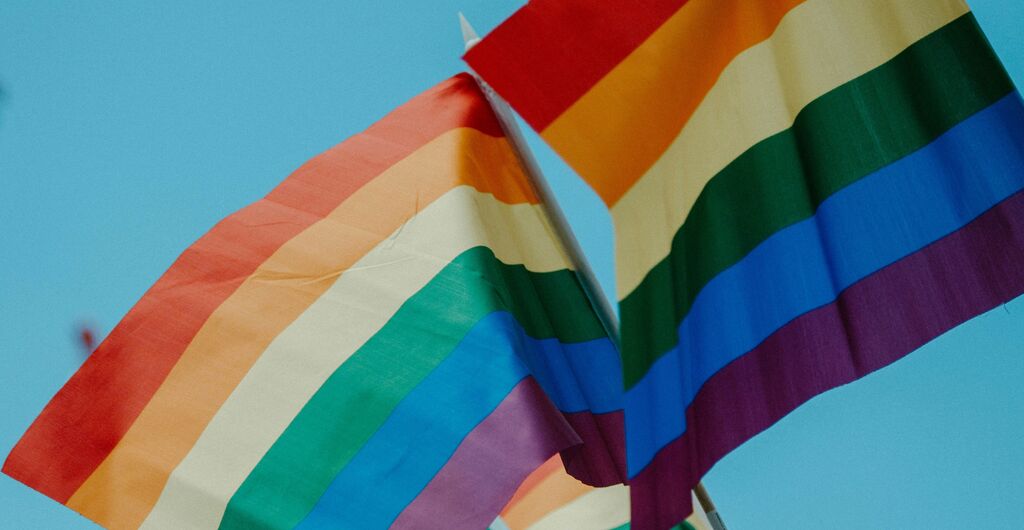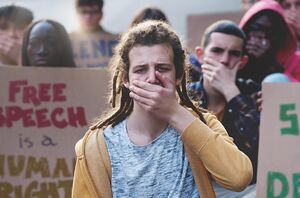Freedom of Speech
Premier League ends Stonewall partnership amid free speech debate

The Premier League will no longer participate in Stonewall’s Rainbow Laces campaign, ending an eight-year partnership with the LGBTQ+ charity.
Officials say a new in-house inclusion campaign will launch in February to mark LGBTQ+ History Month.
The move comes after the campaign sparked considerable controversy around freedom of speech in football — particularly for players with religious or personal convictions.
Players opting out of campaign
The Rainbow Laces campaign, launched in 2013, saw all top-flight clubs take part, with captains wearing rainbow armbands and players sporting rainbow-coloured boot laces to signal support for LGBTQ+ equality.
Yet some players opted out.
Crystal Palace’s Marc Guehi, a committed Christian, was reprimanded by the FA for writing "I love Jesus" on his rainbow captain's armband. He was found to have violated FA regulations around equipment and was reminded about his requirement to comply with such regulations.
Meanwhile, Ipswich captain Sam Morsy declined to wear the armband due to his Muslim faith, but was not reprimanded.
This attracted criticism that the FA had created a 'two-tier mess' in enforcement of its rules.
In another incident, Manchester United scrapped a pre-match LGBTQ+ support jacket after one player refused to wear it.
Concerns over Stonewall impartiality
Stonewall described the change as part of a “natural ebb and flow” in sporting partnerships, noting that other bodies such as the FA and Women’s Super League continue to promote LGBTQ+ inclusion.
However, the BBC had withdrawn from Stonewall’s Workplace Equality Index in 2021 amid concerns over impartiality.
Following the Supreme Court judgement earlier this year regarding the definition of 'woman' in the Equality Act, ia growing list of organisations are distancing themselves from the charity.
While the Premier League insists it remains committed to tackling discrimination, the shift raises questions about how inclusion initiatives can be balanced with respect for individual beliefs.
Share
